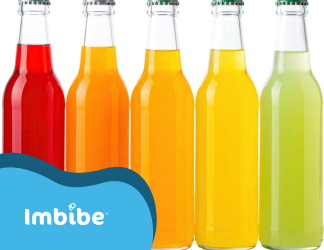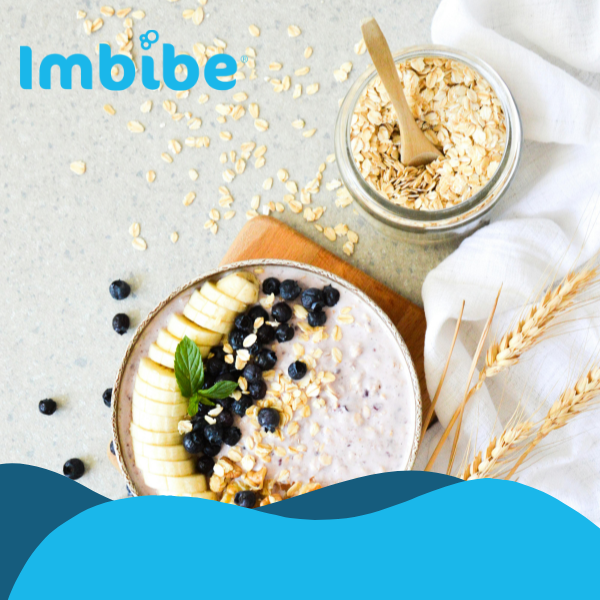Consumers are exposed to a plethora of fad diets, though only a handful gain enough momentum to make waves in the food and beverage industry. Keto is one of the exceptions. According to Innova Market Insights, the number of global new product launches with keto claims grew from 1,400 to 4,620 between 2018 and 2019 (a 230% increase). These innovations have brought about substantial market growth. The Insight Partners report that the global keto market was worth $9.7 billion in 2018 and is expected to grow at a CAGR of 5.5% to reach $15.6 billion by 2027.
So what are the guidelines for following a keto-friendly diet? It actually takes a lot of dedication and discipline. The core concept around the keto diet is that the body will enter ketosis, a metabolic process of burning fat as fuel, through intermittent fasting and consuming a diet that is low in carbohydrates (they shouldn’t account for more than 5% of your total macros), high in healthy fats and limiting of protein. Ketosis happens when there aren’t enough carbohydrates in cells, so the liver converts fat into fatty acids and ketones that replace glucose as a source of energy.
In addition to promoting weight loss, proponents of the keto diet suggest that the diet has other health benefits as well. Studies have found that more mitochondria are formed in cells that burn ketones for fuel which results in production of more adenosine triphosphate (ATP), the “molecular currency” of intracellular energy transfer, for long-lasting energy. Additionally, it’s suggested that the ketogenic diet reduces inflammation because fewer free radicals are produced by ketones compared to glucose.
Popularity of the diet has exploded in the last few years which has had a significant impact on food and beverage innovation. According to the International Food Information Council’s 2020 Food and Health Survey, about 8% of U.S. consumers are following the keto diet, which is roughly twice the amount that were following it in 2018. Multiple keto-friendly products have secured a spot on Amazon’s best seller’s list for several months. Google Trends research also suggests strong growth. Search volume for the term, “keto” experienced an 850% increase in the U.S. between January 2016 and January 2020.
Brands are responding to consumer interest in the diet and demand for keto-friendly products in a big way. New product lines and extensions of familiar favorites are being developed specifically for the keto audience. These products contain ingredients like alternative “flours” (almond flour, coconut flour, cauliflower), sweetener alternatives (stevia, monk fruit, erythritol), and fats (medium chain triglycerides (MCTs), nut butters, dairy butter). Even consumers who don’t follow a keto diet but are interested in aspects of it like reducing intake of carbs and sugar may find these products appealing. Here are some of the standout innovations of keto-friendly products:
Product |
Key Ingredients |
Bulletproof Coffee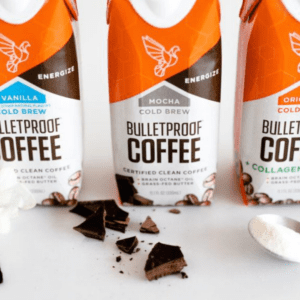 |
|
Slimfast Keto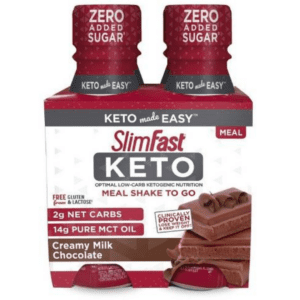 |
|
Koia Keto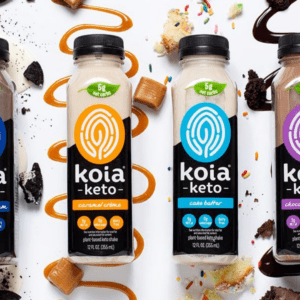
|
|
Duncan Hines Keto Cake Mix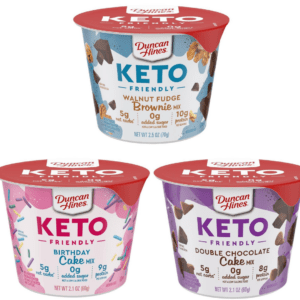 |
|
Halo Top Keto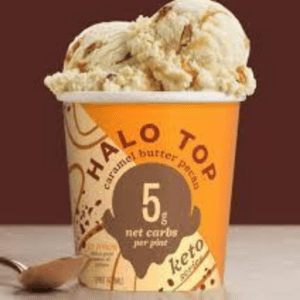 |
|
High Key Cookies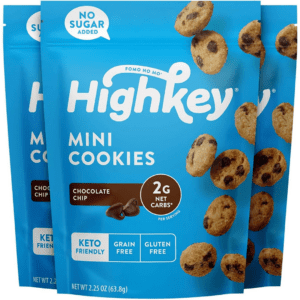 |
|


